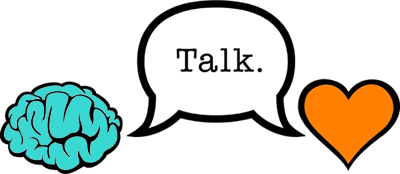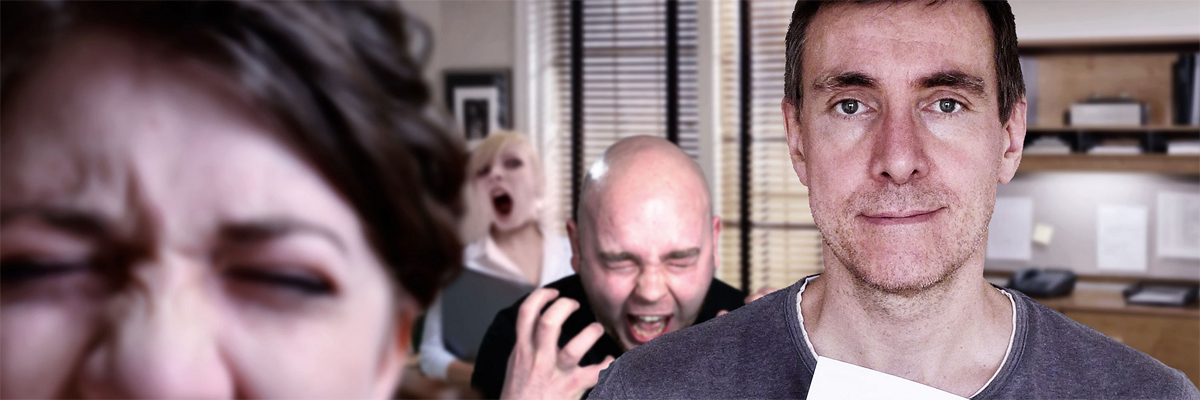In the book Strengthening Family Resilience, Froma Walsh wrote “Belief systems broadly encompass values, convictions, attitudes, biases and assumptions, which coalesce to form a set of basic premises that trigger emotional responses, inform decisions and guide actions” (2006, p. 50).
All of us have had the experience of an intense reaction being triggered that was maybe out of proportion to the initial event that triggered it. Perhaps we snapped at a loved one or burst into tears in response to a bit of criticism.
I know that I spent many years as a very tense driver – I simply couldn’t fathom what made people disobey the rules of the road. How could they cut me off so recklessly, just inches from my front bumper? Anyone who has driven on I95 through Miami knows this experience all too well! Didn’t they know they were controlling 2,000lbs of metal, hurtling down the highway, able to cause untold degrees of harm to others?
So, my beliefs about the importance of the rules of the road and safety informed not only my own decisions and actions, they also triggered my emotional responses.
But what was that getting me? Other than the daily spike in blood pressure and a growing dislike of my commute – not a thing. So I decided to look deeper into my assumptions.
Well, that was easy – those people driving recklessly must be jerks! Entitled, self-important, and dangerous jerks at that!
Yeah, that was too easy. Hadn’t there been a time when I rushed my future husband to the ER? Had I obeyed all the rules of the road then? Maybe those people were distracted by a personal tragedy and hadn’t properly checked their blind spot. Maybe their hearts were pounding too, as they finally saw how close they had just come to hitting me.
Changing my beliefs about other drivers was the catalyst for changing my behavior. I no longer drove white knuckled on the highway or gave in to my anger at the actions of others, causing me to arrive at my destination unhappy at best (seething, at worst). Instead, I found coping strategies – things that allowed me to remain a vigilant and defensive driver, but did not focus my attention on others. Instead, I focused on my experience of my commute. I created playlists of my favorite music, listened to audiobooks and podcasts, and got lavender aroma crystals to create a more soothing environment for myself. As a result of focusing on what I had control over and could change for the better, I no longer dread long drives, but rather enjoy them.
Our beliefs are just the lens through which we view the world. Sometimes they lend us strength and give us the courage to commit to our ideals. But other times, they are just contributing to something that makes us unhappy.
You don’t have to believe everything you think. You can question the voice that pipes up in your head to call out your belief (like “that driver is such a jerk!”) by taking a step back and looking at reality. Can we really know whats going on for a total stranger? Nope. That’s judgement. And while that sort of judgement can make us feel good in the sense that we have differentiated ourselves from the people we’ve labels jerks, it also completely inhibits our ability to connect to others. And human beings need connection like trees needs sunlight and soil and water.
Look at your beliefs today. Ask yourself if they are holding you back. And then, enjoy the freedom to change them at will.


